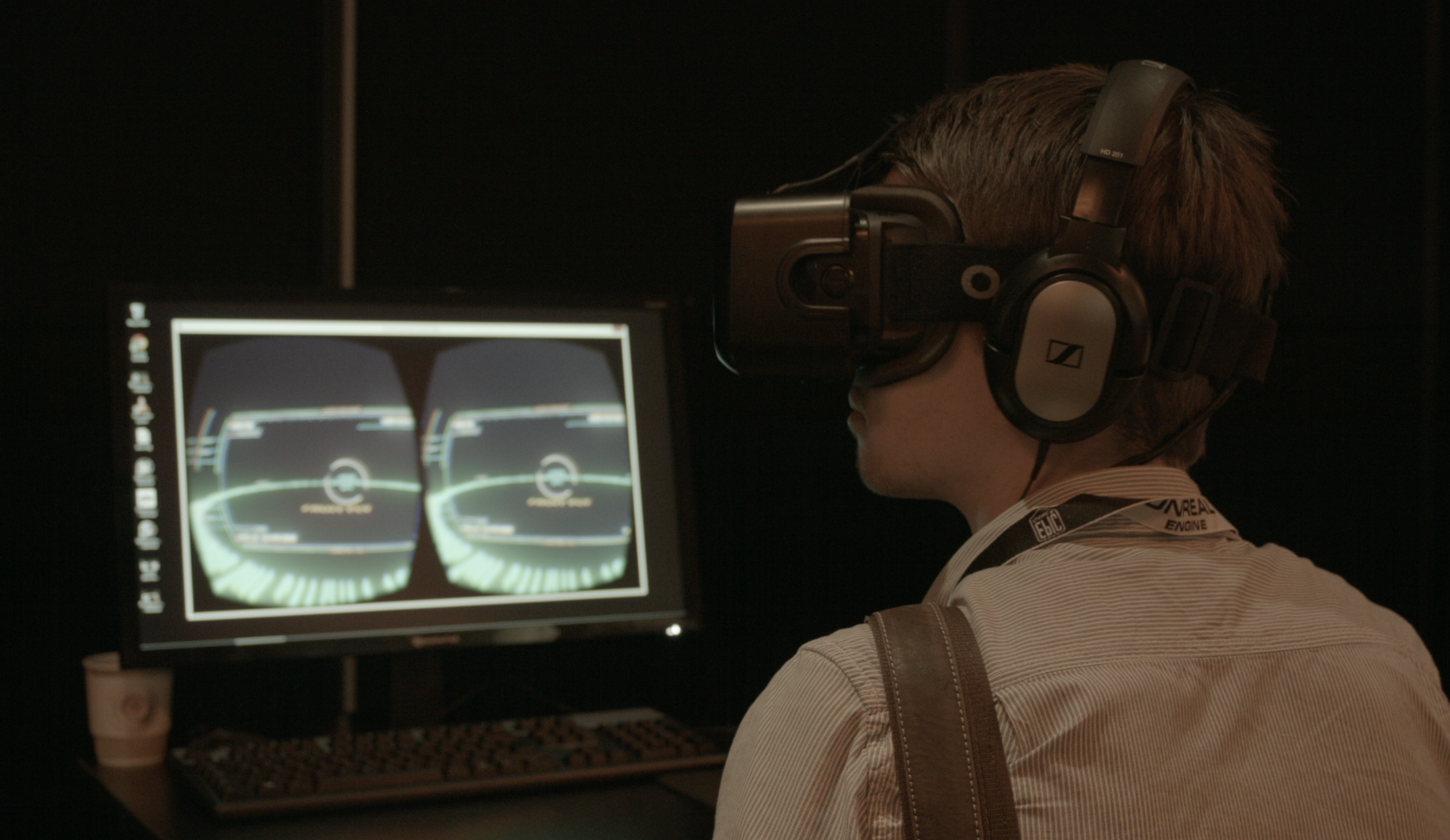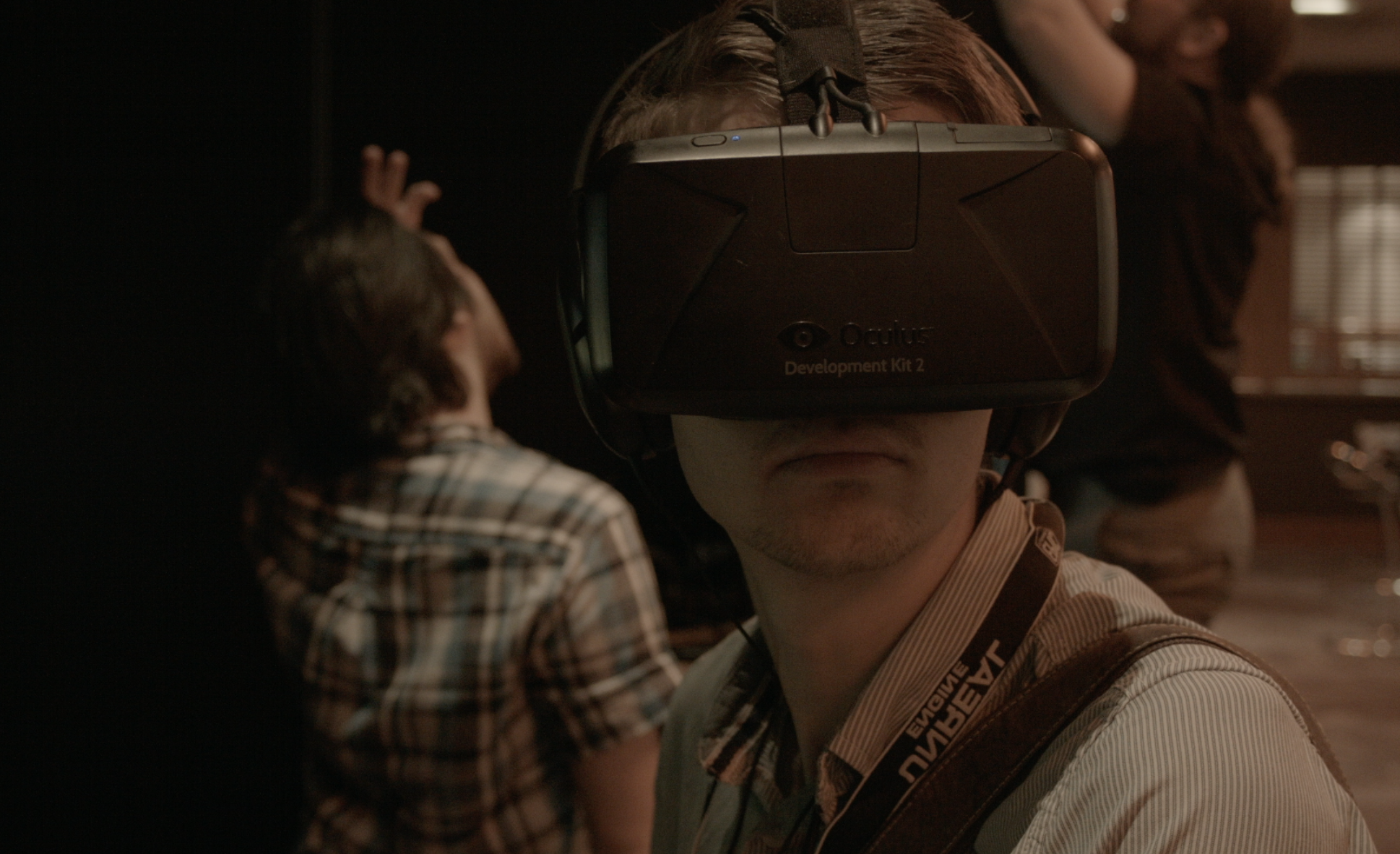Epic Games Awards $20,000 Big Data VR Challenge Prize
Virtual reality seems to be the topic of the year for 2015. With many competing headsets coming out in the near future, we're starting to see examples of what can be done with VR. Most of what we've seen so far has been focused on gaming, but Oculus has always said there will be many more uses for virtual reality HMDs. VR video content and virtual training applications come to mind, but some researchers are looking at VR from a different perspective, using it to solve the problem of navigating huge databases.
Epic Games collaborated with London-based biomedical research charity, The Wellcome Trust, to host the Big Data VR Challenge and award a $20,000 prize to the winning team. Taking place over the past four months, five separate international teams competed to come up with the best way to interact with massive datasets in a virtual environment.
Using Unreal's free Unreal Engine 4 and an Oculus Rift developer kit, each team was given a data set to work with and four months to come up with their entry. There were three different datasets, so not all teams had the same information to work with.
Two teams, LumaPie and Opaque Multimedia, were tasked with visualizing the ALSPAC Children of the 90's study, comparing how genetic and environmental factors of 14,000 residents have affected their lives. HammerheadVR, as well as Pi and Power, were asked to compare the DNA of a human being with that of a fruit fly to help search for cancer causing DNA markers. Skip the Intro worked on the Casebooks study from Sanger Institute, which contains 80,000 medical records from four centuries ago.
After four months of work, each team successfully developed new and unique ways of analyzing the large datasets that many scientific studies generate. In the end, of course, there can be only one winner, and in this case it was LumaPie, which is comprised of creative studio Masters of Pie and 3D software development consultancy Lumacode. The judges declared that the decision was made because LumaPie's approach can be easily adapted to other studies beyond the one assigned for the challenge.
Iain Dodgeon, Creative Partnerships Manager at Wellcome Trust, said the results of the challenge were what Wellcome was looking for and more, and Tim Sweeney, CEO and Founder of Epic Games, said he hopes this kind of collaboration will inspire the evolution of data visualization as VR becomes more ubiquitous.
Follow Kevin Carbotte @pumcypuhoy. Follow us @tomshardware, on Facebook and on Google+.
Get Tom's Hardware's best news and in-depth reviews, straight to your inbox.
Kevin Carbotte is a contributing writer for Tom's Hardware who primarily covers VR and AR hardware. He has been writing for us for more than four years.

